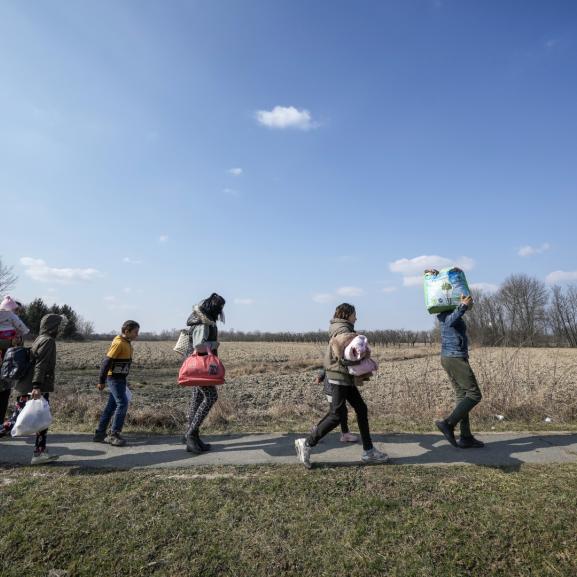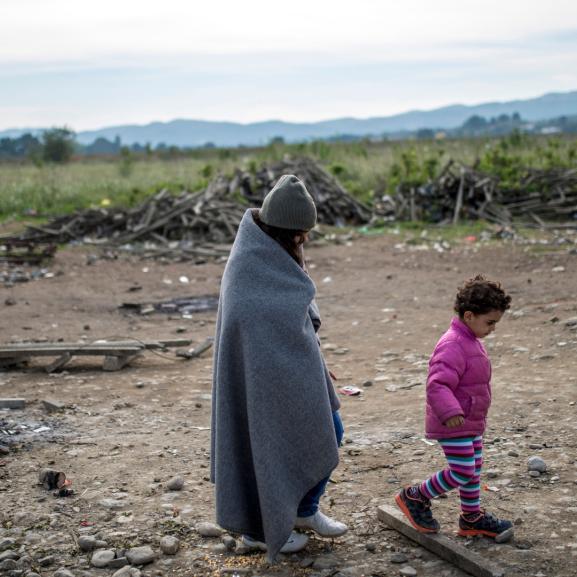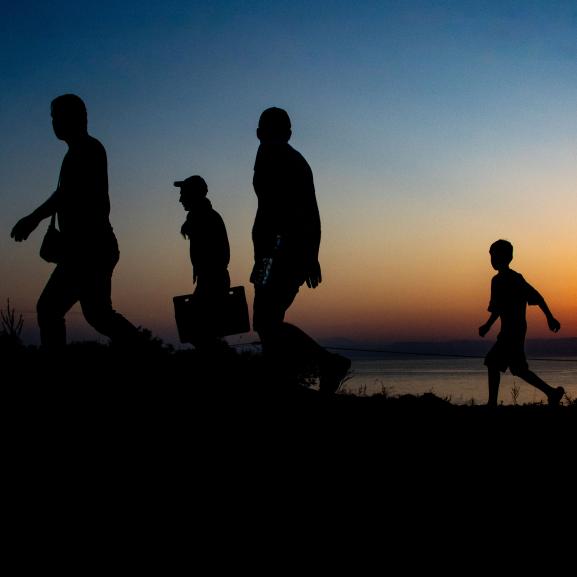No improvement identifying torture survivors in detention
There has been no improvement in identifying asylum seekers being held in detention who may be the survivors of torture despite highlighting the issue to the government over two years ago, the Medical Foundation says.
The Medical Foundation considers that torture survivors should not be detained under Immigration Act powers, since the further detention of people who have already suffered so greatly is, from any moral standpoint, inadmissible. Detention of torture survivors can have serious psychological effects and compound the effects of previous detentions.
In 2001 the Foundation published a report Protection Not Prison: Torture survivors detained in the UK, which had six main recommendations designed to help identify torture victims being detained and improve the processes for getting them released.
Some two years on and the Medical Foundation believes these recommendations have not been adequately followed up.
In a response to a current Parliamentary Joint Committee on Human Rights investigation into deaths in custody, the Medical Foundation points out that there are still no mechanisms to identify torture survivors in detention.
Indeed the Immigration Service Detention Services were put on notice of similar issues in Her Majesty's Inspector of Prisons report on Removal Centres. The HMIP said protocols should be agreed for the release of medical information to the immigration authorities and detainees representatives, "if such information is relevant to fitness to detain".
However, Detention Services were unable to offer a concrete and immediate solution, saying the issue was "complex" due to confidentiality. The Medical Foundation has offered to discuss the issue of confidentiality and believes it need not be a barrier as it is fully addressed by the British Medical Association Handbook on Human Rights.
"The Medical Foundation considers that, if the will truly existed, the 'complex issues of disclosure' could have been addressed some time ago," says the Foundation's Advocacy Officer David Rhys Jones, author of the Foundation's response to the Parliamentary Joint Committee.
"Unless and until the Immigration Service Detention Services apply themselves to the real risks inherent in maintaining the detention of torture survivors then cases similar to those in our 2001 study will continue to emerge and the risk of suicide and self harm among torture survivors in detention centres remains a real risk," he says.






